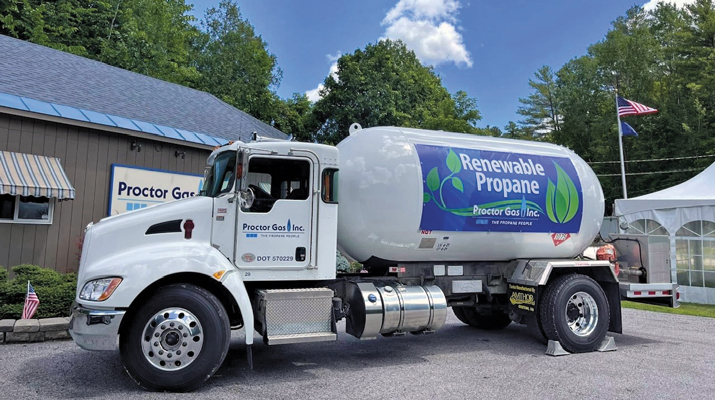All customers don’t offer equal value
Many in this industry mistakenly believe that the value of their business will go up if only they sold more gallons. This assumption is wrong and we can demonstrate that your choices on customer types (where your tanks are placed and where your hard capital is invested) determines the valuation of your business.
Last month’s column discussed the most commonly used method to value a retail propane business. It involves a two-step process of determining the EBITDA [earnings before interest, taxes, depreciation and amortization] of the operations, and utilizing a qualitative multiplier to arrive at a total valuation. We established the theoretical EBITDA at $500,000 and applied a multiplier of four times resulting in a business valuation of $2 million.
We now want to demonstrate that all choices in customer types are clearly not equal and have a significant bearing on the valuation of your business. The same hard capital dollars will yield significant differences in the value created in your company.
Residential vs. Agriculture
For this example, let’s look at two identical investments made to two very distinct customer types and compare the return on those investments in terms of EBITDA and how they affect the value of the business.
Compare an equal dollar investment in a 500-gallon above ground tank with a total investment of $750. Compare the EBITDA and valuation creation process of a high quality residential customer to that of a lower yielding agricultural customer.
The residential customer will generate 60 cents per gallon of gross margin on 800 delivered annual gallons. Incremental delivery costs for the residential customer is 20 cents per gallon. The agricultural customer will generate 25 cents per gallon of gross margin on 1,200 delivered gallons with incremental delivery costs of 15 cents per gallon.
We have given the residential customer a slightly higher valuation multiple of four compared to the three multiple because of the more permanent and dependable aspect of the residential account.
Conclusion
In this example, the residential investment yielded an annual return of $320 versus an annual return of $120 EBITDA for the agricultural customer. Applying the multiple of four times for the residential customer creates $1,280 in value for the company. The agricultural customer created $360 in value for the company when applying a three multiple.
While this example shows the two extremes, it is very realistic in terms of what happens in the real world. Clearly the investment in the residential customer creates an incremental $920 in value to the company beyond the agricultural investment. Further, the $1,280 value created is an increase of $530 on the original $750 investment.
In contrast the agricultural account created a total value of $360 to the company, or a loss of $390 compared to the original $750 investment. From a business valuation perspective, not only is the residential decision a better decision, an argument could be made the $750 tank investment is worth more left empty in the yard.
Too often we chase a sale or new customer under the false assumption that all growth is equal in the value creation process for our business. This example shows that it is clearly not the case. In the reality of the business world, we all face the fact that our resources are limited. We have only so much capital to invest.
Further, our resources of time and personnel are restricted. The time, hard dollars, energy and expenditure of human resources towards gaining a lower yielding customer type will prevent you from getting the higher quality customer and the value of your business will suffer. The most important point is that to build a more valuable business, you must make careful choices about how you invest your resources.
















